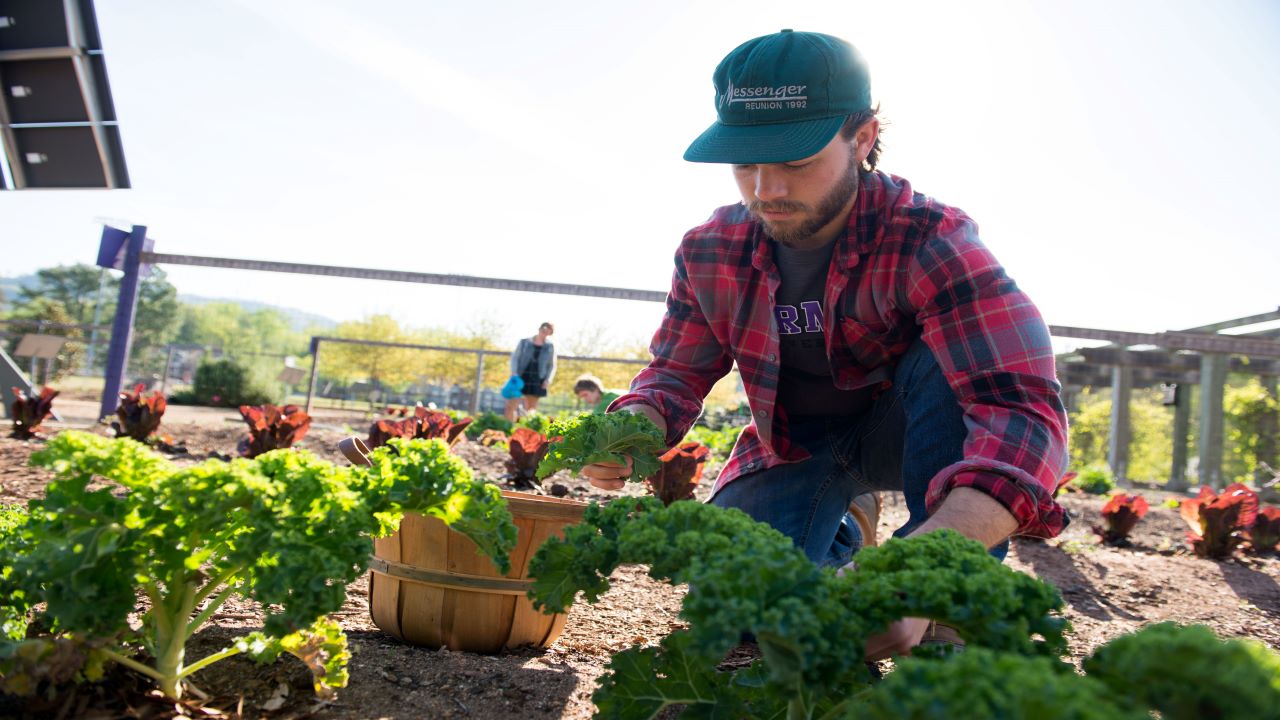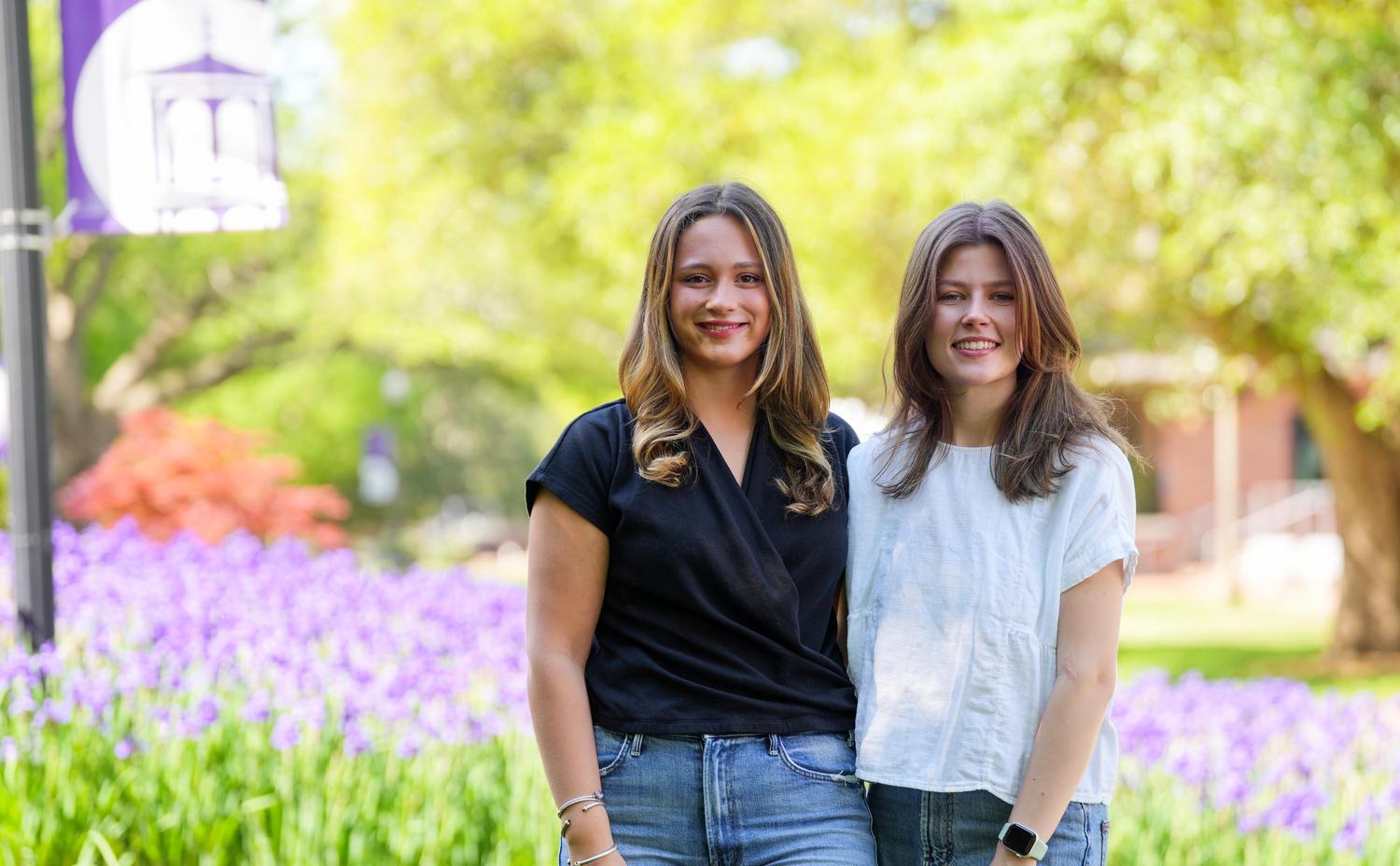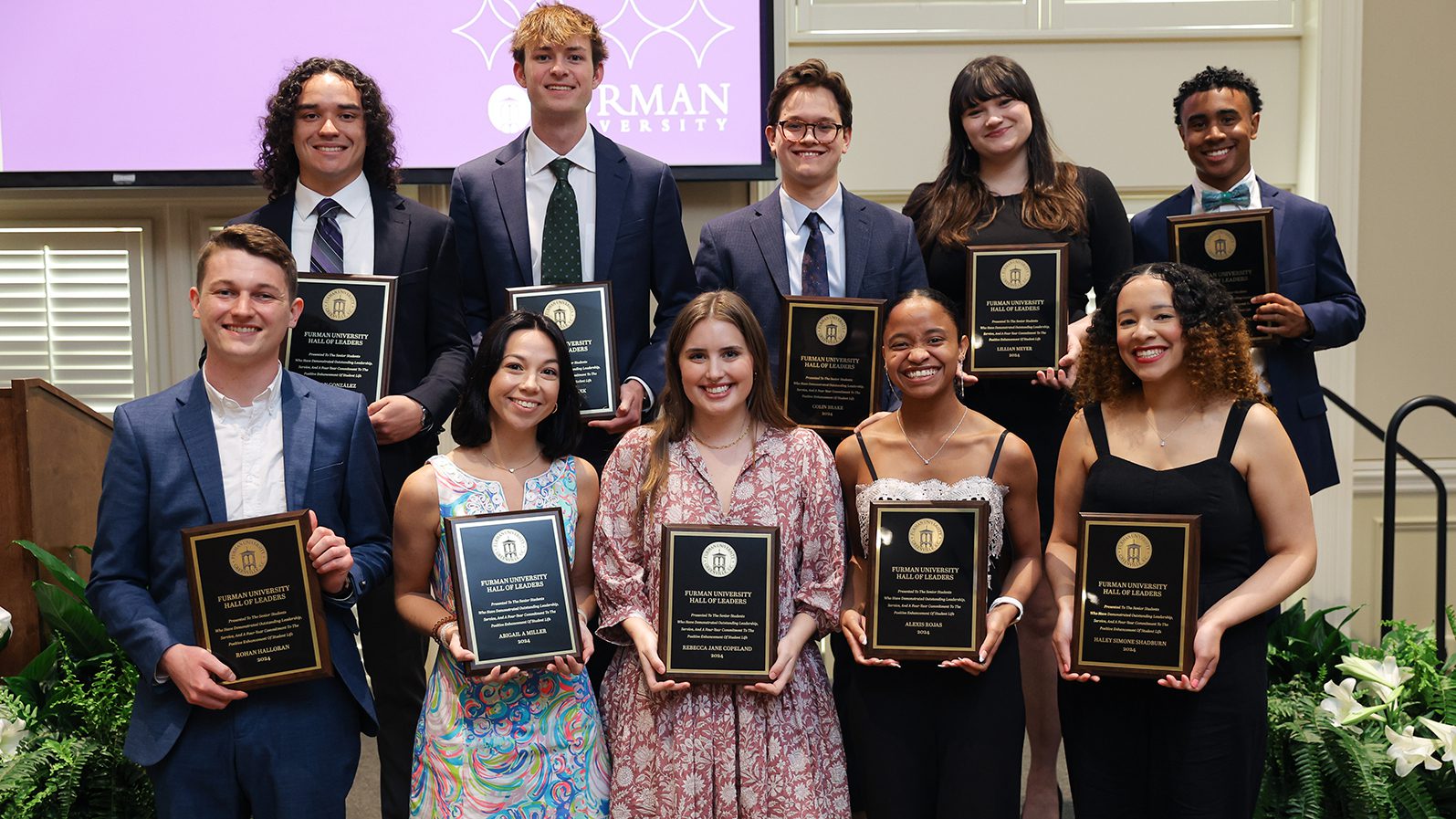Program Overview
Table of Contents
What is a sustainability science degree?
A sustainability science major is a course of study that explores the critical linkages between global environmental, human and social systems. We are bombarded by sustainability news headlines covering polar ice melt, sea-level rise, coastline erosion, climate change, global warming, species extinction, greenhouse gas emissions, ocean plastic, and the list goes on. Increasingly, companies, governments and citizens need experts in sustainability science to help navigate humanity’s way on a singular, vulnerable planet. A degree in sustainability science gives you a seat at the table in Environmental, Social and Governance (ESG) roles, environmental policy, sustainable urban planning, and social justice and climate equity discussions that emanate from extreme weather events.
Why study sustainability science at Furman?
The ultimate challenge of sustainability science lies in finding ways to elevate the standard of living for all humans above a social foundation that protects against human deprivation, while at the same time lowering environmental impact below critical natural thresholds. Our sustainability science curriculum addresses this challenge and associated issues, training you to solve the most pressing complex challenges we face as a global society.
Our program provides you with a marketable skill set and a problem-based, solution-driven way of thinking, grounded in a holistic, systems approach. Classes focus on real-world sustainability challenges, such as food security, energy production, climate change, population growth, production and consumption, economic growth, human security and health, and access to clean water. Many courses include project-based learning opportunities that integrate theoretical and methodological training in practical settings. Plan a visit to Furman’s beautiful campus or start your application today.
How will you learn?
As the nation’s first sustainability science degree at a liberal arts and sciences institution, our program includes courses and undergraduate research programs that are engaging, interdisciplinary and include field-based experiences. We’ll provide you with the theoretical and practical knowledge to understand the basis of the Earth’s environmental and geological processes and their inextricable link to today’s social challenges.
Our educational model follows a systems-level understanding of the physical, chemical, biological, and social interactions that shape the Earth and potential solutions to the “one planet problem.” We emphasize the breadth of the complexity and dynamics of human-environment systems and have adopted a cutting-edge position bridging the natural and social sciences.
Our expanded viewpoint for the program allows us to not only uncover the problems caused by human transformation of the environment, but also to explore potential solutions to evolving environmental conditions. Through Furman’s liberal arts and sciences curriculum, and through intentionally small classrooms, we offer a range of perspectives to help you develop the skills, values and knowledge to pursue solutions.
All of our sustainability science students participate in a practicum or research project. Partner with faculty on research and present findings at national and international conferences.
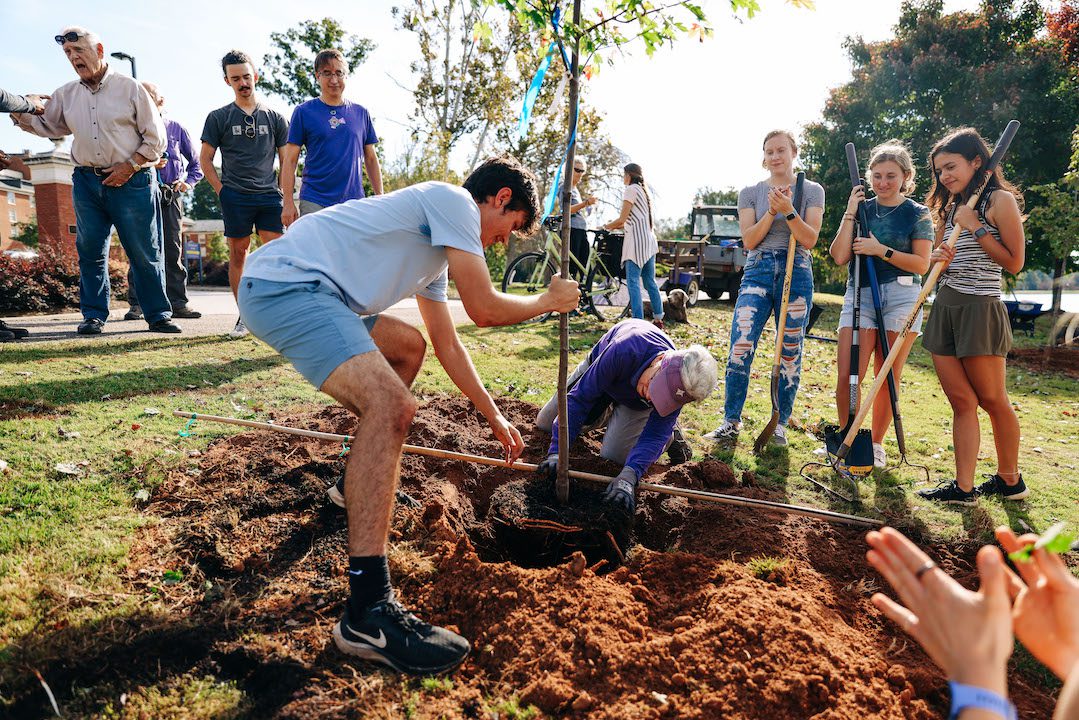
Careers for sustainability science majors
As a sustainability science major, you’ll become workforce- or grad school-ready with finely tuned critical thinking, data analysis, quantitative reasoning, collaboration, and verbal and written communication skills. Our alumni have landed positions such as:
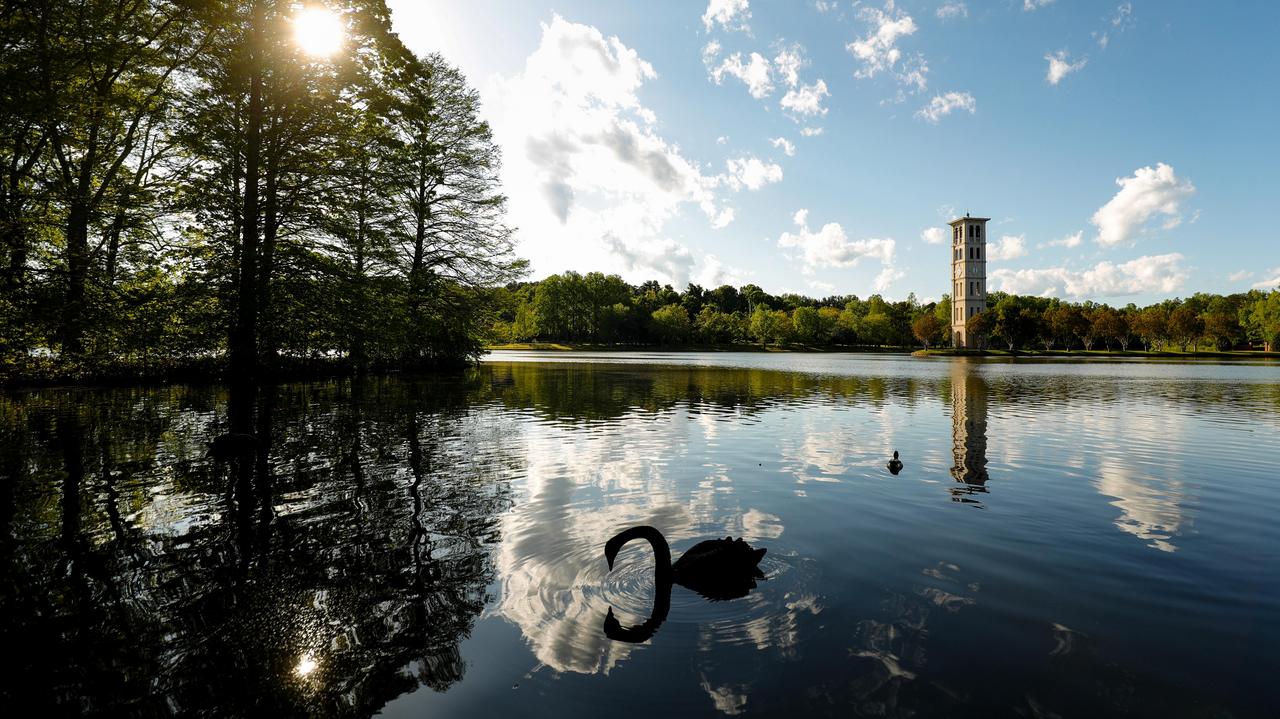
- Corporate sustainability director
- Campus sustainability director
- Program manager for nonprofit
- Civic engagement data coordinator
- Toxics policy advisor
- Community engagement and collective impact director
- Corporate responsibility associate
- Technical recruiter
- Energy audit coordinator
- Sustainability assessment coordinator
- Environmental, Social and Governance (ESG) compliance associate
- Sustainability associate for skin care company
- Sustainability analyst
- Business development manager for recycling firm
- Construction and building materials testing technician
- Sustainability director or coordinator, health care systems
Featured sustainability science courses
-
100%Sustainability science majors who conduct research or finish a practicum
-
2012Year sustainability science becomes a major at Furman
-
1and only science B.S. nationally at a liberal arts and sciences institution
-
54%Sustainability science students who complete at least one internship
What our students say
Our faculty
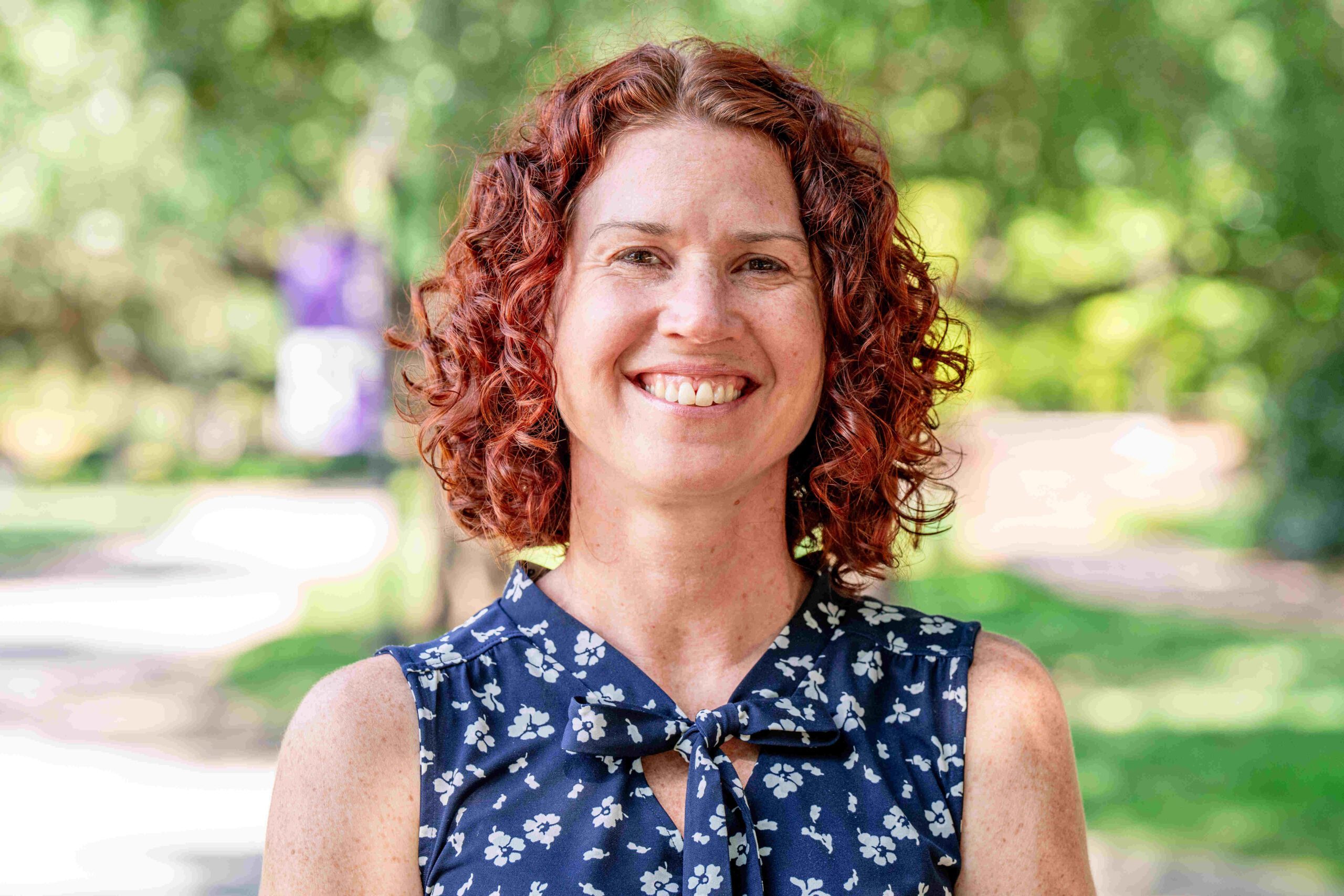
Karen Allen

Brannon Andersen
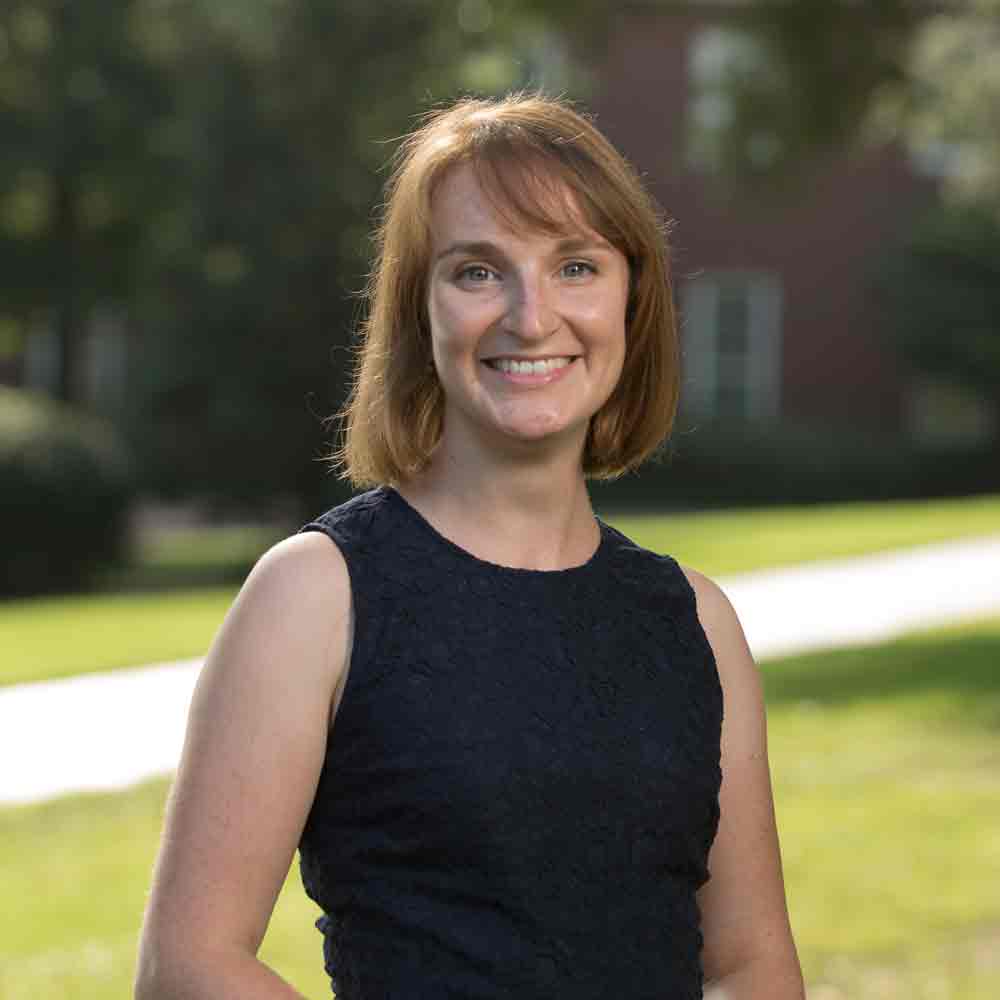
Ruth Aronoff
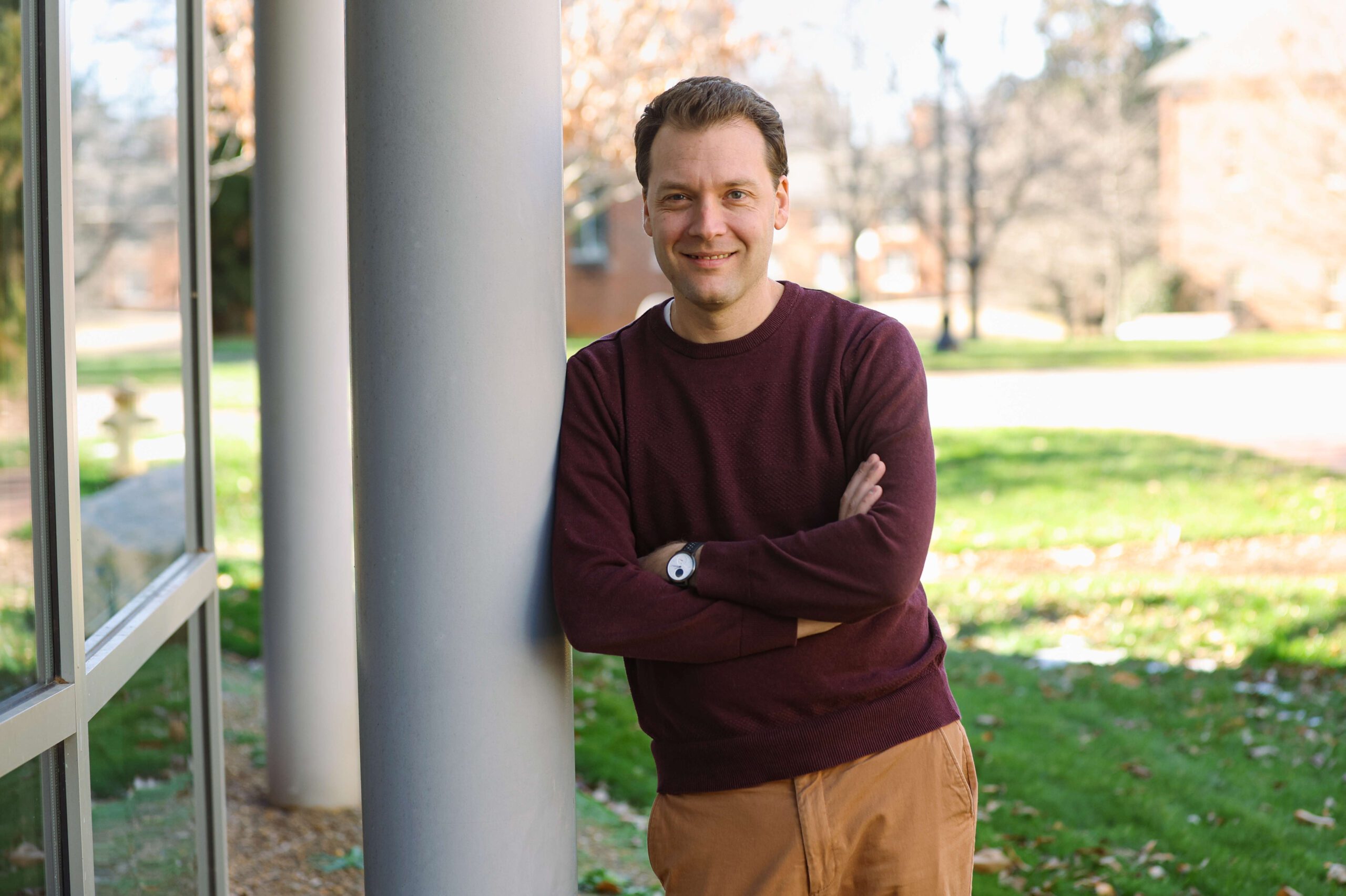
Matthew Cohen
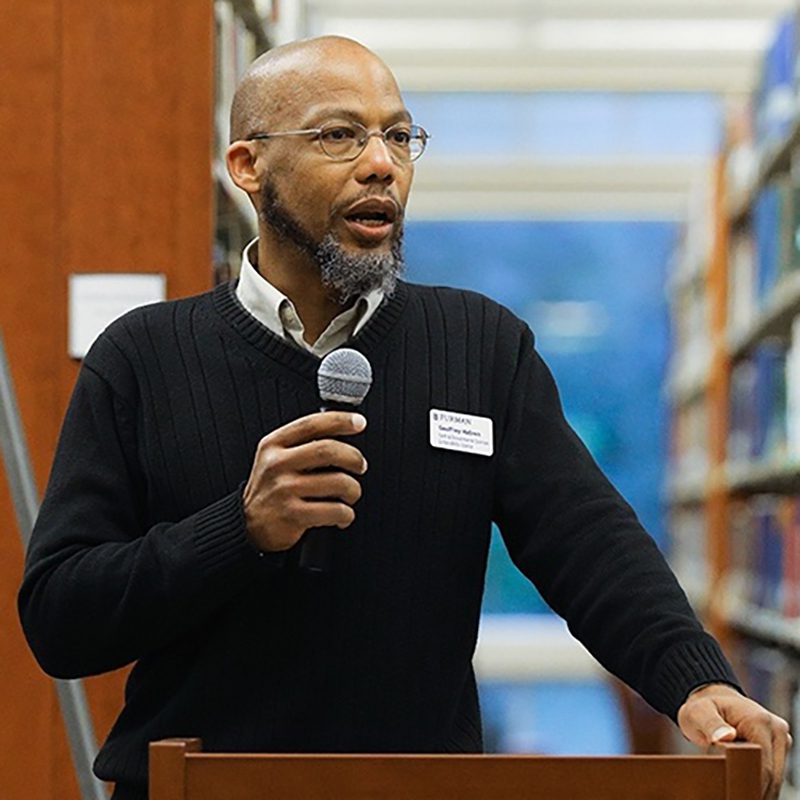
Geoffrey Habron
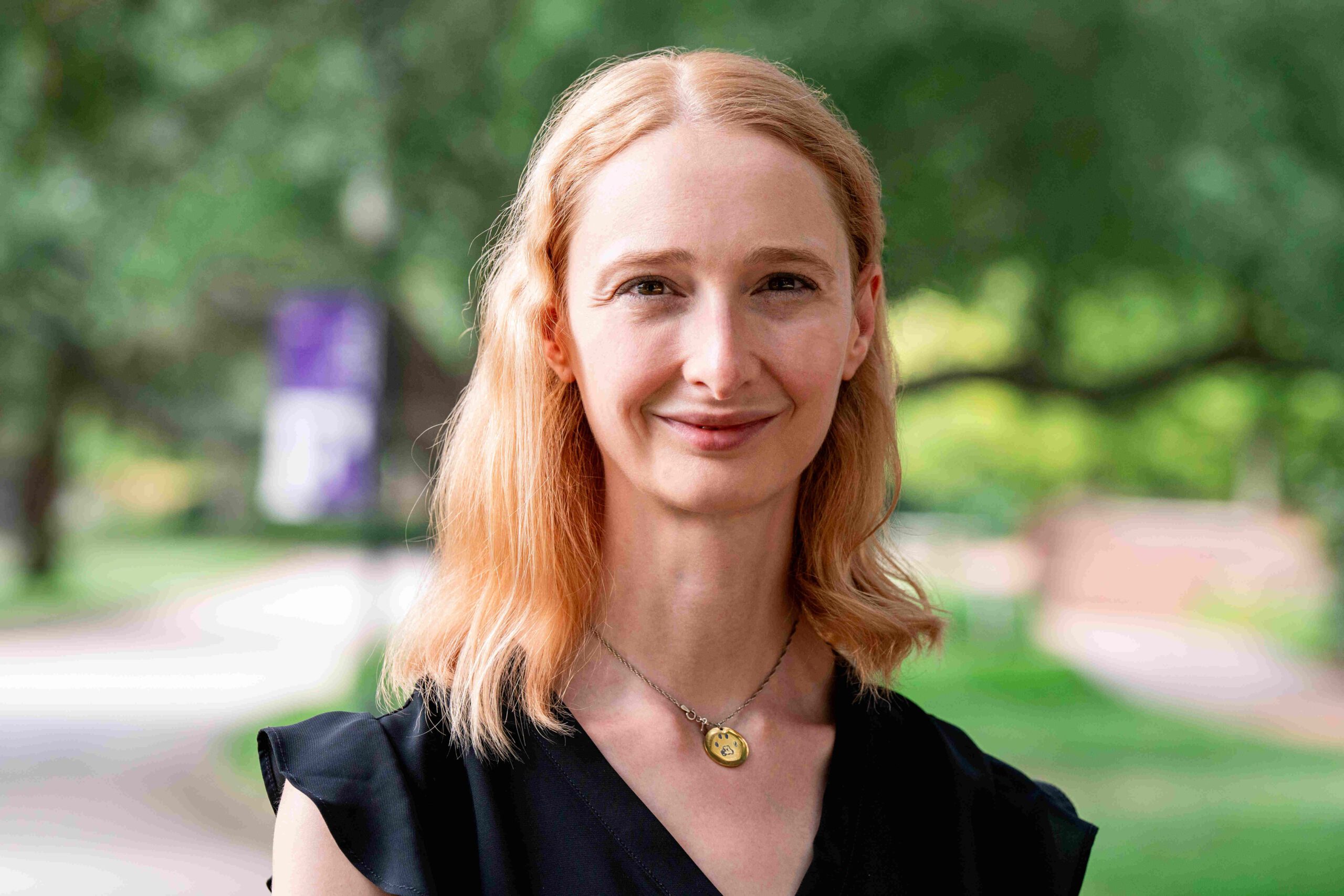
Emma Hunt
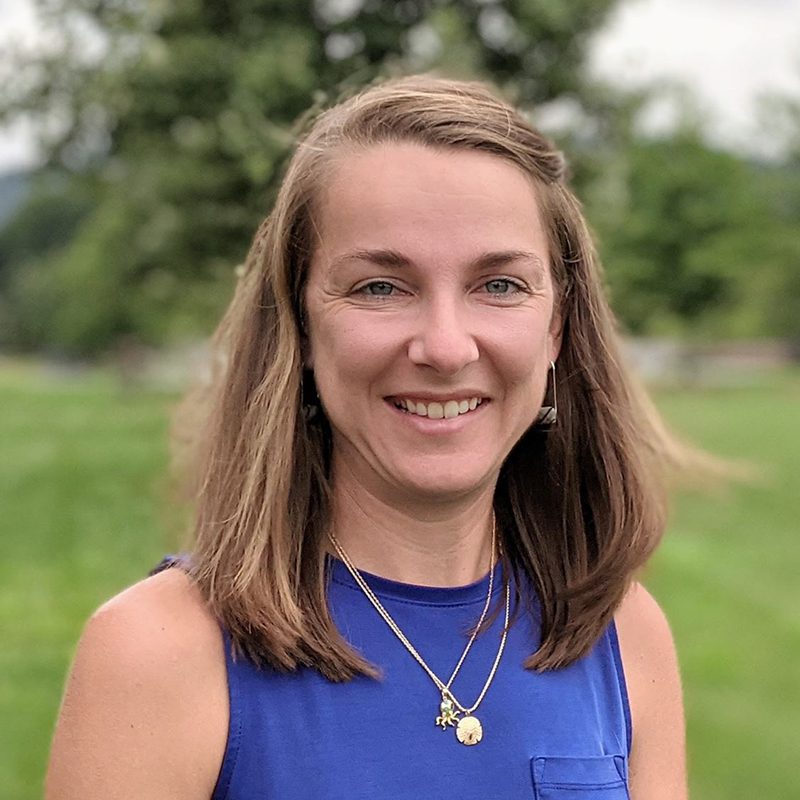
Valeska Minkowski
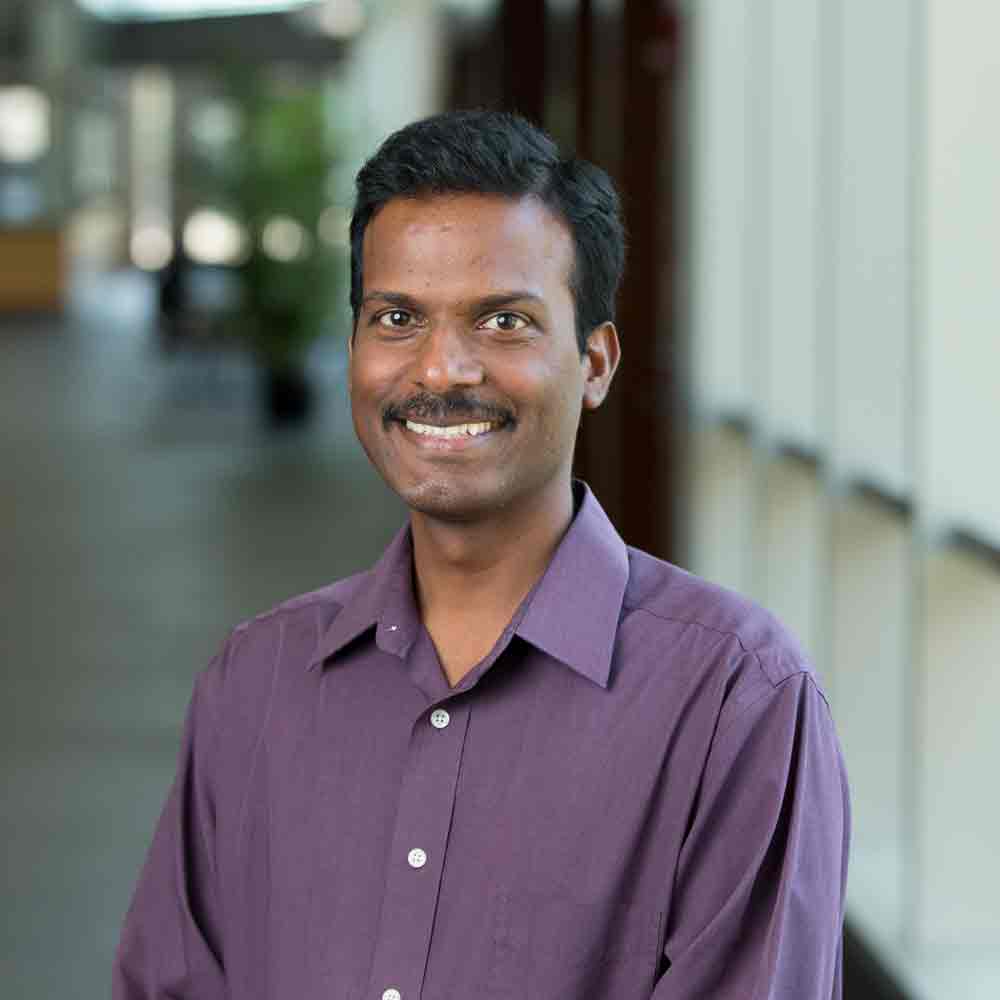
Suresh Muthukrishnan
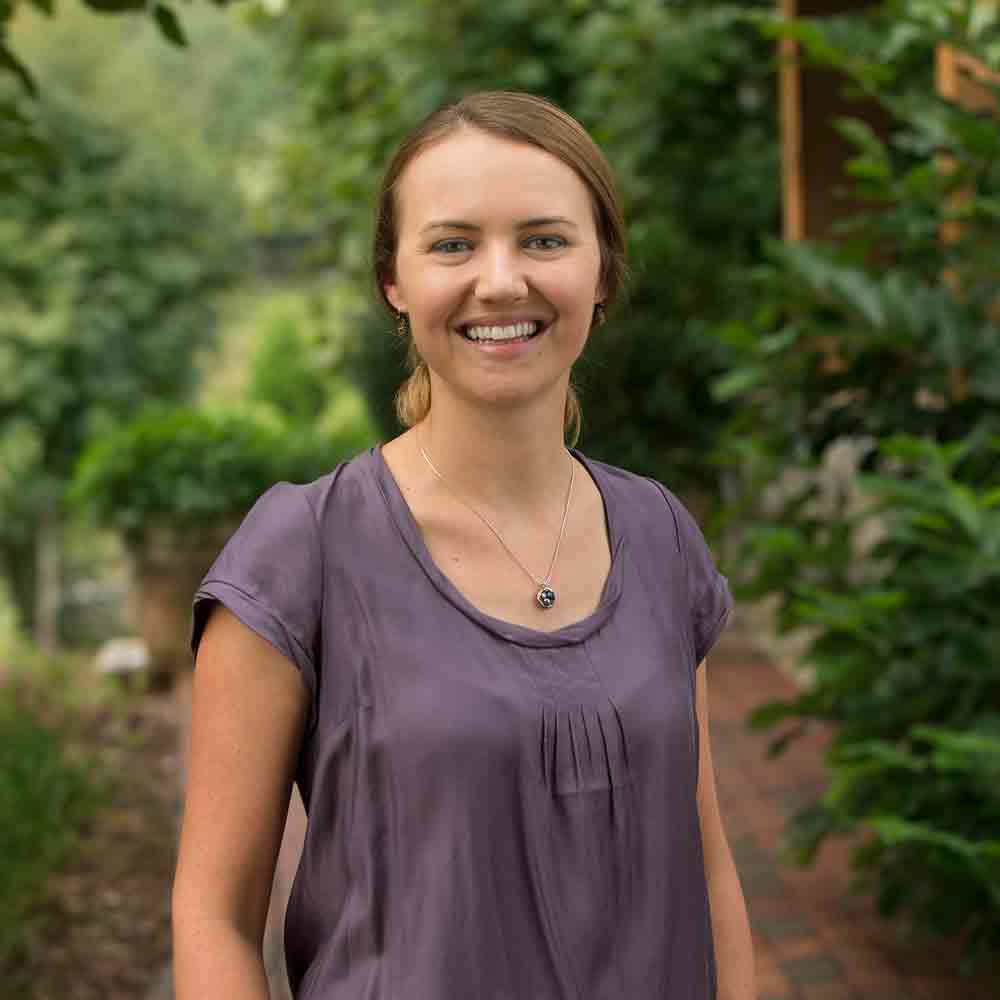
Courtney Quinn
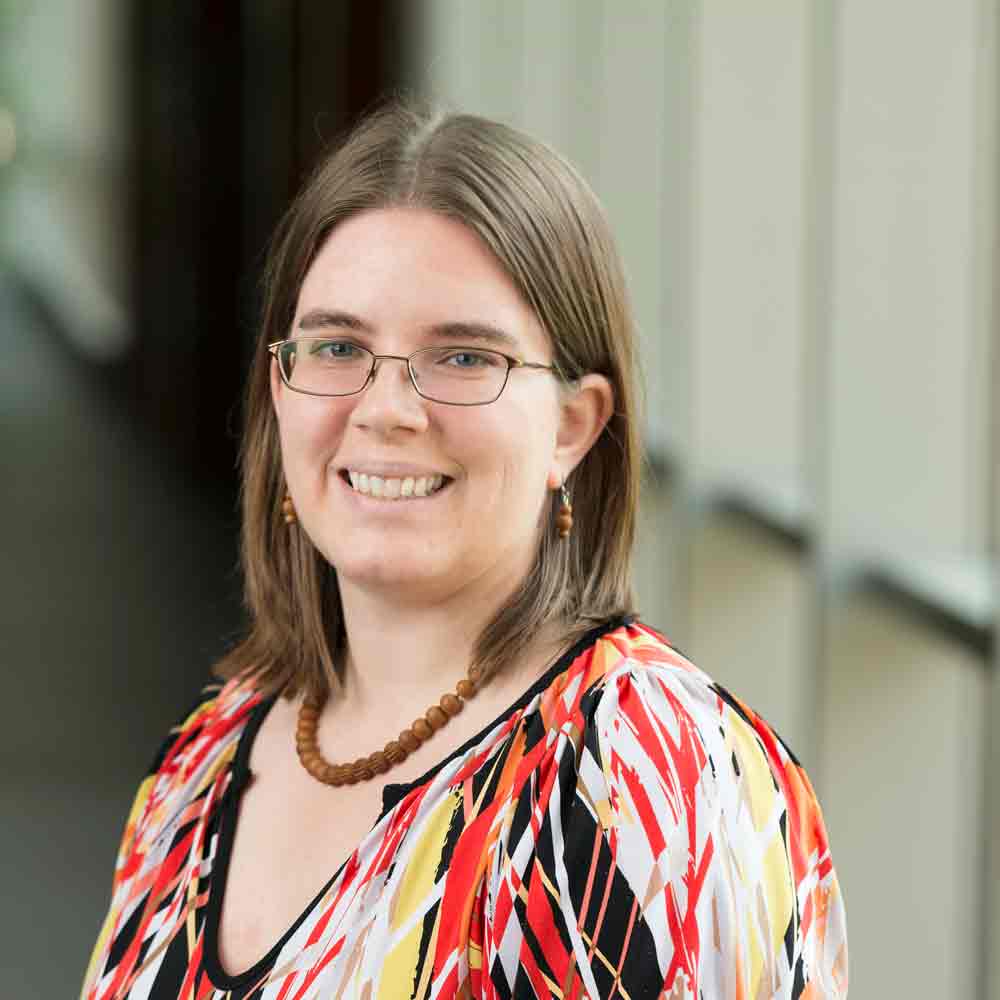
Melissa Ranhofer

Christopher Romanek

Sustainability Science Major F.A.Q.
An array of transferable skills such as critical thinking, data analysis, quantitative reasoning, collaboration, and verbal and written communication competencies position you for a wide range of career options in areas from consulting to construction, and from government service to environmental advocacy and policy. Our sustainability science majors have gone on to occupations such as corporate sustainability director, campus sustainability director, program manager for nonprofit, civic engagement data coordinator, toxics policy advisor, community engagement and collective impact director, corporate responsibility associate, technical recruiter, energy audit coordinator, sustainability assessment coordinator, Environmental, Social and Governance (ESG) compliance associate, sustainability associate for skin care company, sustainability analyst, business development manager for recycling firm, construction and building materials testing technician, and sustainability director or coordinator for health care systems.
Engage with the community by joining Furman’s Community Conservation Corps, a collaboration with Greenville County and Habitat for Humanity to weatherize homes for low-income residents. The program helps reduce energy consumption and promote the financial stability of homeowners through weatherization, energy conservation and education.
Some of our students immerse themselves in housing arrangements that foster sustainable living.
Our Environmental Community of Students is aimed at developing student knowledge and passion for sustainability and environmental consciousness from the local to the global scale. ECOS is an intentional residential community focused on understanding the science behind global environmental challenges while allowing students a chance to explore and experience environmental sustainability issues and efforts on campus, in the Greenville community, and within their own personal lifestyles.
The Greenbelt community is a sustainability-based living and learning community comprising a small group of upper-class students who opt to live in the cabins along Furman Lake. The Greenbelt bolsters sustainable living and lifestyle choices and provides a residential community for sustainability-minded students to live, learn and develop sustainability leadership skills.
Learn more about other sustainability initiatives and programs on campus.
Study away for a semester or embark on a three-week May Experience (MayX) course to take classroom theory to whole new levels. Our domestic MayX courses have sent students to nearby Southern Appalachians, caves, swamps and coastal regions as well as farther destinations in the Sierra Nevadas and national parks. Internationally, our students have trekked to Iceland, Tanzania and Guatemala. In semester study away programs led by other departments, our students have journeyed to India, Brussels and Costa Rica. We also have an affiliate relationship with the Danish Institute of Study Abroad to facilitate semester-long study in Denmark that offers immersive experiences in a broad range of areas, including energy, sustainability and climate change.
According to Payscale.com, a Bachelor of Science in sustainability science commands an average annual starting salary of $47,000.
The sustainability science B.S. at Furman is a four-year program.
